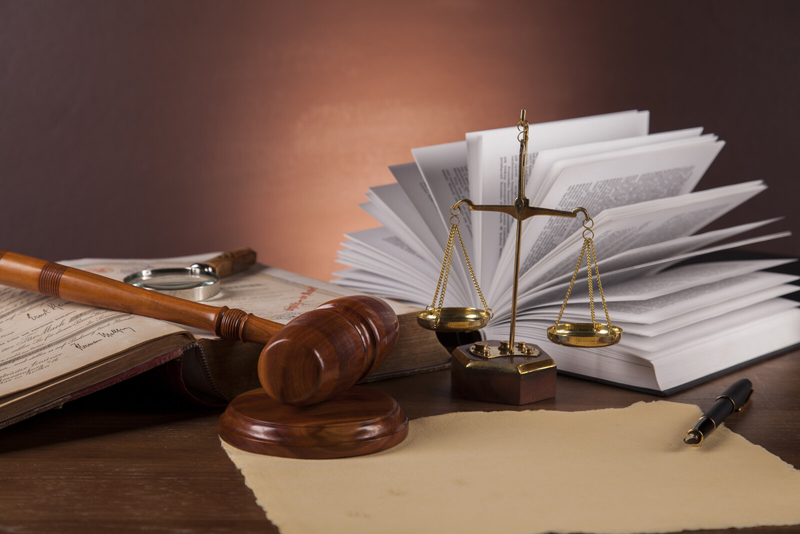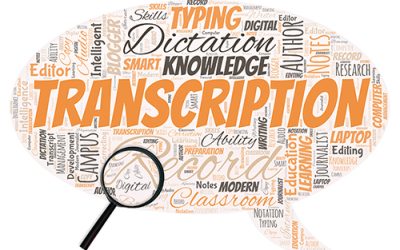Depositions and deposition transcription are key elements of the legal discovery process. Attendees at a deposition usually include deponent and deponent’s attorney, other attorneys, witnesses to be deposed, court reporter, and an interpreter, if necessary. A legal transcription company can ensure that the discovery process is accurately documented. Today, attorneys can take advantage of various tools and strategies to improve the depositions.
- Online portal tools: Pretrial analysis and collaboration is much easier now with online portal tools. These tools allow attorneys prepare for depositions by searching out past deposition transcripts by keyword, date range, or any other specific criteria such as defendant, plaintiff, or exhibit number (www.veritext.com). They allow users to run different types of searches, download transcripts, and exhibit them via an internet-connected computer or mobile device.
- Deposition review tools: Litigation is complex and document-intensive, making the pretrial process very challenging. Attorneys have to get a hold of complex facts, obtain and record evidence, and review and analyze deposition testimony. Deposition review tools are making this easier. Attorneys can choose from a wide array of convenient and economical cloud-based tools to read, review, summarize and annotate deposition transcripts. Top tools include DepoView for iPad, Transcript Pad, WarRoom and Mobile Transcript. Users can highlight text using color-coded, flag or email important sections, and generate and share reports.
- Virtual depositions: Law offices often handle depositions involving multiple witnesses in different locations across the country or globe. Virtual depositions are the ideal option in such situations. In addition to the widely touted benefits of saving time and money, video conferences allow attorneys to bring experts, co-counsel, and other parties into the same room. Using advanced tools, attorneys can share all material relevant to the case with the attendees securely in real-time. Video depositions allow attorneys to use court proceedings transcription in conjunction with recordings of the deposition. Revisiting and reviewing the audio and video recordings would offer the opportunity to improve the accuracy of the transcripts (www.firstlegaldepositions.com).
- Exhibit software: The days of carrying heavy folders to depositions have ended. Attorneys now use electronic exhibit technology to access exhibits at any time and run meetings efficiently. Exhibits range from spreadsheets and Word documents to medical images and other visual evidence. These can be prepared electronically and moved to depositions, hearings, and trial organized in a single database. These digital documents can be accessed on an iPad or laptop and stamped electronically. Copies of the exhibits can be distributed digitally to other parties in attendance. The attorney can annotate electronic exhibits in real time to draw attention to specific content and display selected pages and text when required.
- Telephone depositions: When a face-to-face meeting is not necessary or possible, a telephone deposition can be used to record a witness’s testimony under oath. This method saves time and money. Multiple parties can participate in a conference call. Depending on the specific situation, there are many rules and regulations that apply to telephone depositions. As telephone depositions rely heavily on technology, it is important to test all equipment or connections prior to the call.
While using the latest technologies can go a long way in improving the way depositions are managed, lawyers should also hone their deposition taking skills. A recent article from the American Bar Association offers the following tips to prepare for and take depositions:
- Prepare well: This means researching the law, constructing a theory of the case, and striving to obtain testimony or other evidence to support the theory. As different jurisdictions have different rules regarding objections, attorneys need to understand these and learn which objections are permitted. It’s crucial to get organized by preparing a thorough and detailed outline covering the intended topics and questions. This will also ensure that the record is clear for later use in preparing for trial.
- Use the right strategies: Attorneys should not agree to “usual stipulations” as are no usual stipulations in many states, cautions the author of the ABA article. Therefore, if asked to agree to the usual stipulations, the attorney should either decline to do so, or clarify on the record what is meant by that term. Another key strategy is to explore the details and nuances of the witness’ testimony.Though a good outline is important, it’s crucial to be ready to adapt.
- Listen: Also, listening carefully to answers and diving into the details is necessary to avoid missing vital testimony that could significantly help the case.
An experienced digital transcription service provider can ensure well-prepared deposition transcripts in any format for future use and help attorneys manage their case load more effectively. By making the right technology choices, attorneys can ensure that their documents, audio, video, transcripts, and testimony are easily accessible. This will allow them to ask better questions, make informed decisions, and get to the facts in the case faster.




